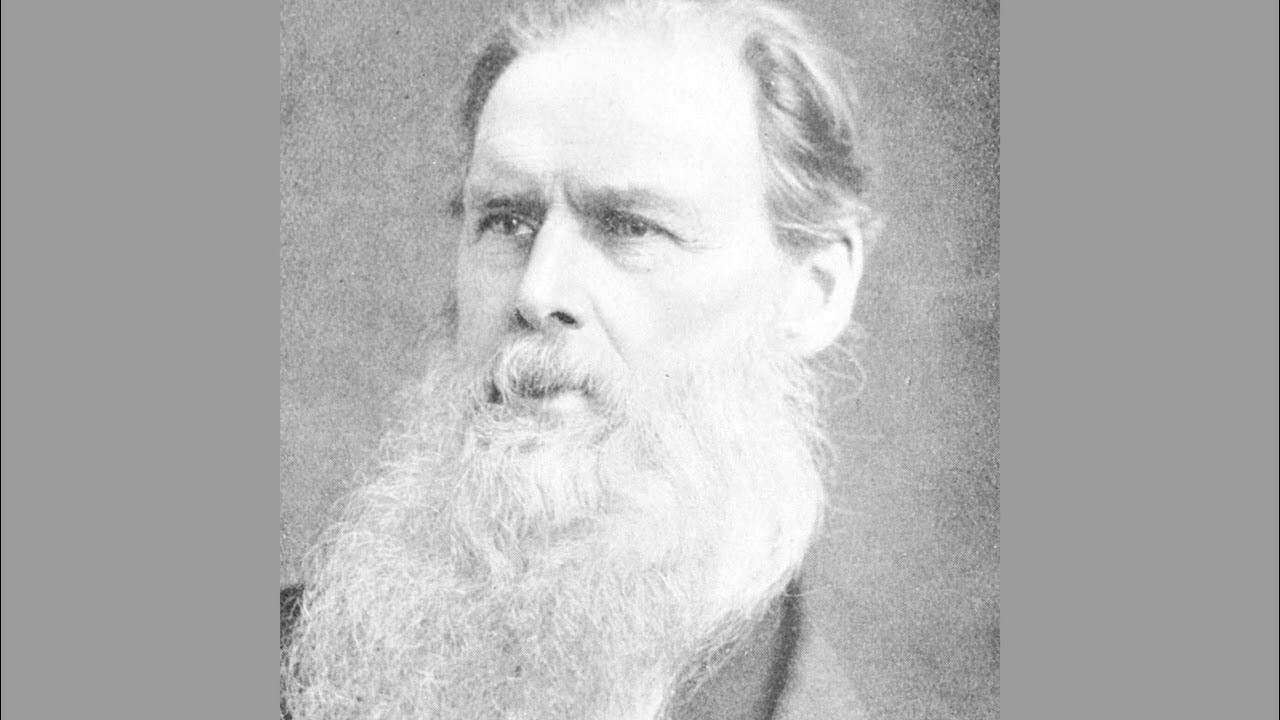UTS Sociology & Anthropology
Summary
TLDRThis lecture introduces anthropology and sociology, explaining anthropology as the study of humankind—from culture and language to material and symbolic life—and sociology as the study of societies, social structures, and interactions. It outlines key questions about human nature, language, and cultural diversity, then profiles influential thinkers: Marcel Mauss on reciprocity and the social self; Clifford Geertz on culture as symbolic meaning; George Herbert Mead on the social development of the self through role-taking; and Charles Cooley’s looking-glass self and primary groups. The video closes by distinguishing anthropology’s cultural and micro focus from sociology’s structural, macro, and problem-solving orientation.
Takeaways
- 😀 Anthropology is the study of humankind, from its origins to the present day, and seeks to understand the full panorama of human existence.
- 😀 Key anthropologists like Marcel Mauss and Clifford Geertz have made significant contributions to understanding human behavior, culture, and the role of symbols in society.
- 😀 Anthropology studies both our shared humanity and diversity, focusing on how different societies engage with concepts like marriage, violence, and language.
- 😀 Marcel Mauss introduced the concept of gift exchange, emphasizing the spiritual connections created through giving and receiving gifts, beyond their material value.
- 😀 According to Mauss, a person's identity is shaped by both their biological givenness (the 'moi') and the social concepts that define who they are (the 'person').
- 😀 Language is intertwined with culture; learning a new language involves understanding not only its grammar but also the customs and behaviors of the culture it belongs to.
- 😀 Clifford Geertz defined culture as a system of inherited conceptions expressed through symbolic forms that help people communicate and develop knowledge.
- 😀 Sociology studies human societies, their structures, and interactions, ranging from the family to organized crime, and from social class to shared cultural beliefs.
- 😀 George Herbert Mead emphasized that the self develops through social interaction and that people develop their humanity by engaging with society, not just through biological processes.
- 😀 The 'Looking Glass Self' by Charles Cooley suggests that individuals form their self-concept based on how they believe others perceive them, reinforcing the idea that society and individuals are interconnected.
- 😀 Sociology and anthropology both study human behavior but differ in focus: anthropology emphasizes culture and human diversity, while sociology looks at the impact of larger societal structures and trends on individuals and communities.
Q & A
What is anthropology and what does the word mean?
-Anthropology is the study of humankind from its beginnings to the present day. The term comes from the Greek words 'anthropos' meaning human and 'logia' meaning study.
What is the main goal of anthropology?
-The goal of anthropology is to understand the full panorama of human existence — who we are, how we came to be, and where we may go — by studying both our shared humanity and cultural diversity.
Who was Marcel Mauss and what was his major contribution to anthropology?
-Marcel Mauss was a French sociologist and anthropologist known for his pioneering work on reciprocity and gift exchange. He viewed gift giving as a social act that binds people beyond material value, creating spiritual and social connections.
How did Marcel Mauss describe the concept of 'self'?
-Mauss proposed that every self has two faces: 'moi,' which refers to one’s biological identity, and 'person,' which refers to the social identity shaped by family, religion, nationality, and social expectations.
How are language and culture related according to the lecture?
-Language and culture are intertwined. Language not only enables communication but also reflects and shapes cultural identity. Learning a new language involves understanding the customs and behaviors of the society that speaks it.
Who was Clifford Geertz and what did he contribute to anthropology?
-Clifford Geertz was an American anthropologist known for symbolic anthropology. He viewed culture as a system of inherited conceptions expressed in symbolic forms, which humans use to communicate, perpetuate, and develop their knowledge about life.
What are the three premises of Geertz’s concept of culture?
-Geertz proposed that: (1) cultures should be studied through their differences, not similarities; (2) culture reveals the link between human potential and behavior; and (3) culture is the accumulated totality of symbolic patterns within societies.
What is sociology and what does it study?
-Sociology is the social science that studies human societies, their interactions, and the processes that preserve and change them. It examines social structures, organizations, and group interactions across various contexts.
According to George Herbert Mead, how does the 'self' develop?
-Mead argued that the self develops through social interaction. Individuals reflect on how others perceive them, which helps form their self-image. He identified two parts of the self — the active 'I' and the objective 'Me' — shaped by social experience.
What is Charles Cooley’s 'Looking Glass Self' theory?
-Cooley’s 'Looking Glass Self' theory states that individuals form their self-concept based on how they believe others view them. Social interactions act as a mirror, reflecting judgments that shape one’s sense of self-worth and behavior.
How do anthropology and sociology differ in their focus?
-Anthropology focuses on human culture and tends to study behavior at the micro level, such as individuals and communities. Sociology, on the other hand, emphasizes societies and social structures, examining behavior at the macro level.
What are some tools or methods unique to anthropology and sociology?
-Anthropology often uses archaeology and biophysical evidence to understand human culture, while sociology relies more on economics, statistics, and data analysis to study social structures and contemporary issues.
What is the overall relationship between society and the individual according to Cooley and Mead?
-Both Cooley and Mead emphasized that the individual and society are inseparable. The self is shaped by social interactions, and individuals continuously influence and are influenced by the society in which they live.
Outlines

此内容仅限付费用户访问。 请升级后访问。
立即升级Mindmap

此内容仅限付费用户访问。 请升级后访问。
立即升级Keywords

此内容仅限付费用户访问。 请升级后访问。
立即升级Highlights

此内容仅限付费用户访问。 请升级后访问。
立即升级Transcripts

此内容仅限付费用户访问。 请升级后访问。
立即升级5.0 / 5 (0 votes)






